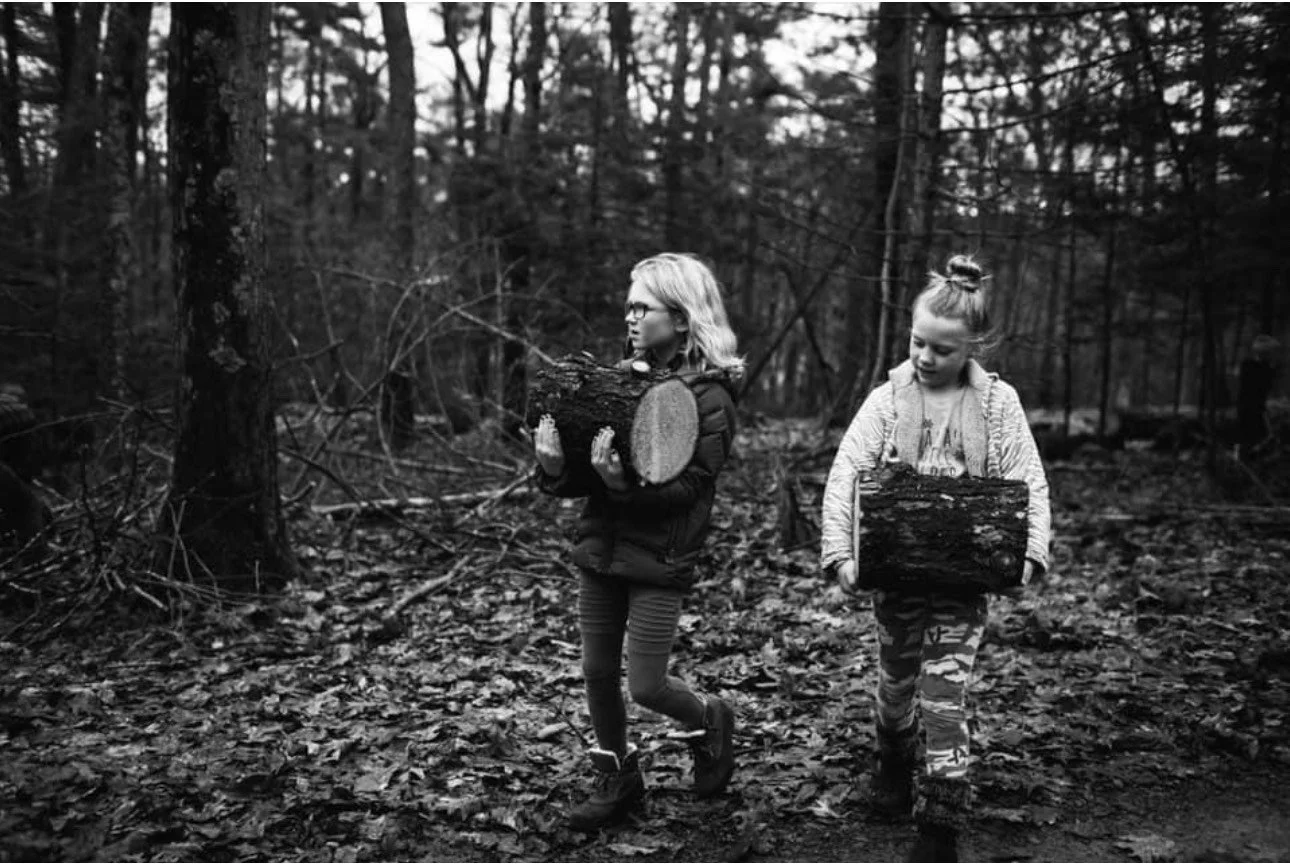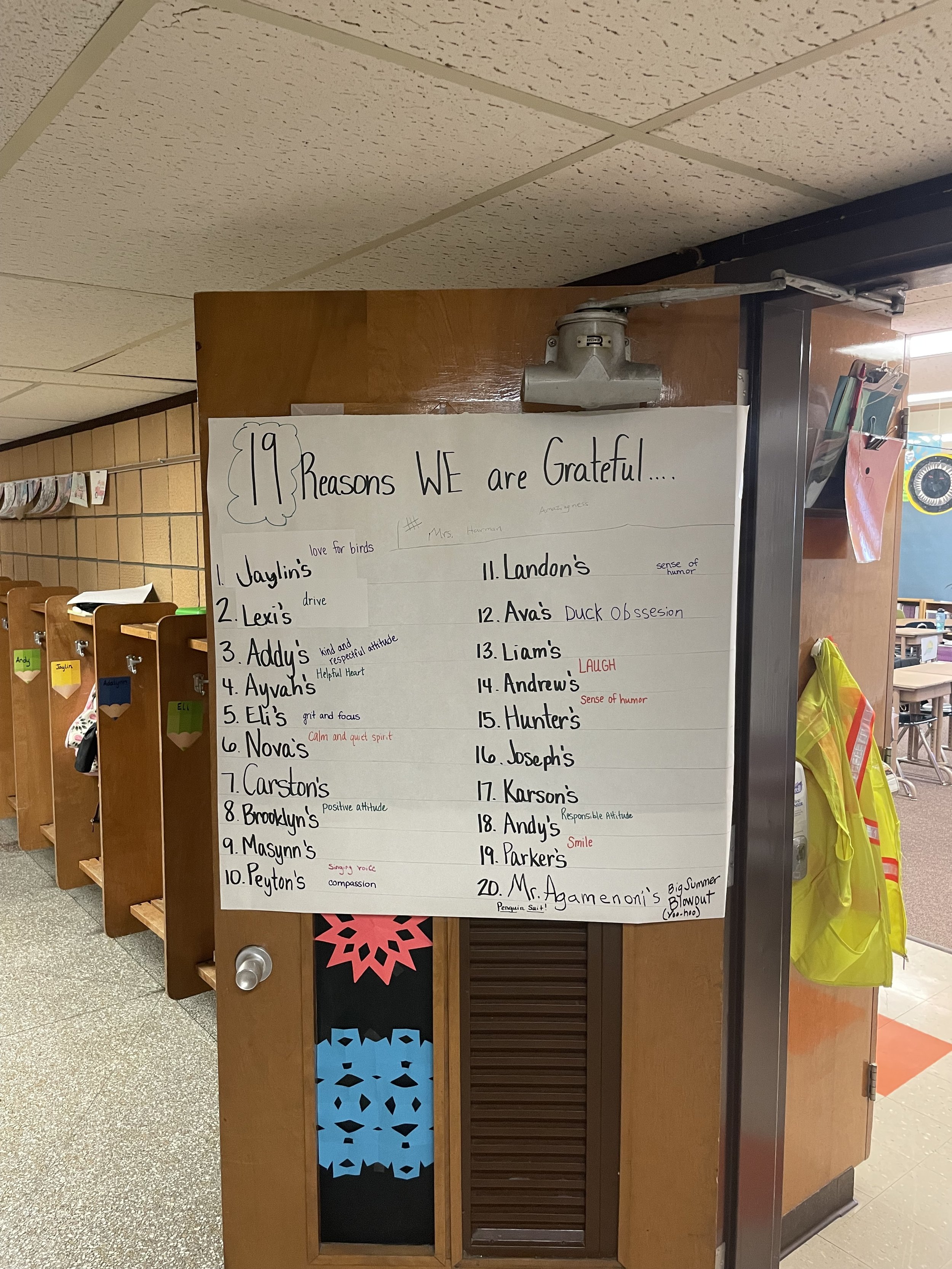Early in the week, the following quote came across my computer:
"Because anyone who has ever done anything worth a damn, knows that they probably weren’t the main beneficiaries of their efforts. Our work may have lit up the world, but we still remain down in the mud, somehow" (via).
As educators, we understand this. We understand that no matter our good intentions, our allowances of second, third, and forty-third chances or how much we truly love and care for the students and staff around us, we will most definitely find ourselves, somehow, down in the mud of false accusations and unfair judgment.
And that can be discouraging. Because it is. But only if we focus on the mud. And only if we interpret being in it as a bad thing.
"The credit belongs to the man who is actually in the arena," Theodore Roosevelt said, "whose face is marred by dust and sweat and blood {and mud}. . . who spends himself in a worthy cause."
Mud pasted on our jeans or splattered on our faces is not the result of being trodden upon, it is the evidence of our work. Just like the mud the marks the efforts of a running back who gave his all in a hard fought game, or the dirt that marks two young girls collecting wood, so too we, as public servants and servant leaders, are marred and dusty-faced because we are all in. We don’t stand on the sideline or hide in timidity. We engage. We lean towards difficult solutions, wrestle with ugly realities, and embrace the hard conversations. We are muddy because our students are. Because life is. And we do not shy away.
We care more about cleaning the world than we do ourselves.
Thank you for that. It isn't always easy to get messy, to slip and fall, or to sit in the muck and the mire with our students, their parents, or the staff next door. But it is always right.
As educators, it is our calling, above all else, to ensure others are the main beneficiaries of our labor for that is the core of education and the heartbeat of teaching! To embrace our gifts, our talents, and our resources and to proudly use them for the benefit of others. Because "doing something meaningful . . . will pay off in the end, it just might not pay off for {us}." As educators, we are okay with that because that is what we do. That is who we are.
That is who you are.
Because you genuinely care, your work provides light to the world. The mud is proof that you were there.
That's what I've been thinking about this week.
#doGREATthings!
Give. Reflect. Explore. Analyze. Try.
For more on . . .








